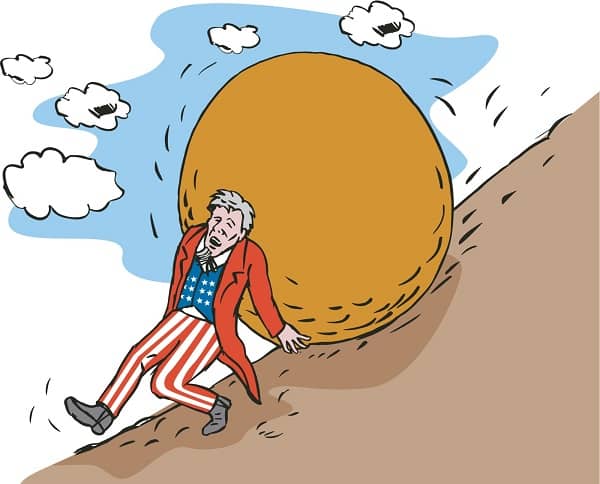What did Roger do to Piggy? In William Golding’s classic novel “Lord of the Flies,” Roger commits a horrific act of violence against Piggy. Piggy, who represents rationality and civilization, tries maintaining order among the boys stranded on the island. As the boys become increasingly savage, Piggy becomes the target of their aggression.
What did Roger do to Piggy? (Answer)
While Piggy admonishes the boys for becoming savages, Roger releases a huge boulder in Piggy’s direction, knocking him off the cliff to his death on the rocks below. This brutal act is a turning point in the novel, marking the complete breakdown of order and the triumph of savagery.
Roger’s actions are significant because they show the extent to which the boys have become barbaric. He deliberately kills Piggy, who is defenseless and unarmed, indicating a complete disregard for human life. This act of violence also represents the boys’ rejection of reason and morality, and their embrace of primal instincts.
Furthermore, the fact that Piggy’s body is carried away by a large wave highlights the isolation and vulnerability of the boys on the island. With no access to civilization or outside help, they are left to their own devices and are ultimately consumed by their own savagery.
What was Roger’s motivation for killing Piggy?
Roger’s motivation for killing Piggy in Lord of the Flies was driven by his inherent sadistic nature and desire to exert power and control over others. Throughout the novel, Roger demonstrates a cruel and violent streak, enjoying inflicting pain on others. As the civilization on the island deteriorates, Roger’s inhibitions diminish, allowing him to unleash his darkest impulses. Killing Piggy becomes an outlet for his pent-up aggression, a way for him to assert dominance and satisfy his morbid curiosity about the limits of human cruelty.
What did Roger do wrong in Lord of the Flies?
Roger in Lord of the Flies commits several heinous acts that showcase his embodiment of evil. Firstly, he bullies the littluns, displaying his sadistic nature and lack of empathy. Secondly, he goes on to kill Piggy, an act driven by his malicious intentions and desire for power. Lastly, Roger tortures Samneric, further demonstrating his propensity for cruelty and violence. Overall, Roger’s actions throughout the novel highlight his complete disregard for morality and his role as a symbol of evil in Lord of the Flies.
Was Piggy’s death an accident?
No, Piggy’s death was not an accident. It was a deliberate act of violence committed by Roger, showing the complete breakdown of civilization and morality among the boys on the island. This event symbolizes the loss of reason and empathy, as Piggy’s murder marks the final severing of any connection to civilization and humanity within the group.
What does Roger represent in Lord of the Flies?
Roger represents the embodiment of evil in Lord of the Flies. Throughout the novel, he displays a sadistic nature and enjoys inflicting pain on others. He demonstrates this through his participation in acts of violence, such as throwing rocks at other boys and eventually murdering Piggy. Roger’s actions demonstrate how unchecked savagery can corrupt even seemingly innocent individuals, highlighting the dark potential within human nature.
Why does Roger change in Lord of the Flies?
Roger changes in Lord of the Flies because of the extreme environment and new experiences around him. As the boys are stranded on the deserted island, they are stripped of societal norms and the constraints of civilization. This creates an atmosphere where their primal instincts take over, leading to a transformation in Roger’s behavior. The absence of consequences or authority figures allows his innate sadistic tendencies to manifest, resulting in his gradual descent into cruelty and violence.
Conclusion
In conclusion, Roger’s act of violence against Piggy is a pivotal moment in “Lord of the Flies.” It serves as a stark reminder of the dangers of unchecked savagery and the importance of maintaining order and civilization in society.
